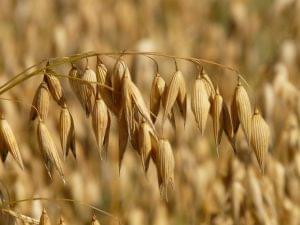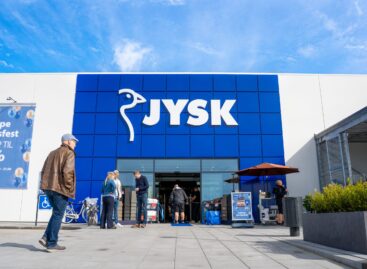Free cereals can come
Mycotoxins produced by plant pathogenic fungi belonging to the genus Fusarium – including fumonisins (e.g. FB1), trichothecenes (e.g. T-2 toxin – T2, deoxynivalenol – DON) and zearalenone (ZEA) – pose a significant health risk. Certain microorganisms, including yeasts and lactic acid bacteria, can play a major role in protecting against and disposing of them. These microbes can tolerate and neutralize mycotoxins and inhibit the growth of Fusarium.

In a project led by the University of Debrecen, a collection of yeast strains was created and the anti-Fusarium and mycotoxin properties of these microbes were examined. The lactic acid bacteria strains of the Indian CSIR-NIIST research institute were also included in the research, the identification of which was partially carried out by the university. Among the lactic acid bacteria, many strains have been found that have good Fusarium antagonist properties and mycotoxin elimination ability. These strains were studied together with Indian colleagues and their technological applicability was proven at the TLR3 and TLR4 technological levels for corn silage and for different seeds – write the Agricultural sector.
During the tests, different yeasts with good mycotoxin tolerance and neutralizing ability were also included, of which the genomes of two promising strains were sequenced and their gene sets were analyzed, focusing especially on potential mycotoxin neutralizing genes. The molecular background of mycotoxin tolerance and elimination in yeasts was revealed by transcriptomic studies.
Related news
Hungarians don’t replace their furniture – JYSK research reveals a conscious, long-term planning market
🎧 Hallgasd a cikket: Lejátszás Szünet Folytatás Leállítás Nyelv: Auto…
Read more >Related news
The Store of the Future opens again at the SIRHA Budapest exhibition! (Part 3)
🎧 Hallgasd a cikket: Lejátszás Szünet Folytatás Leállítás Nyelv: Auto…
Read more >New country director at the helm of JYSK Hungary
🎧 Hallgasd a cikket: Lejátszás Szünet Folytatás Leállítás Nyelv: Auto…
Read more >








